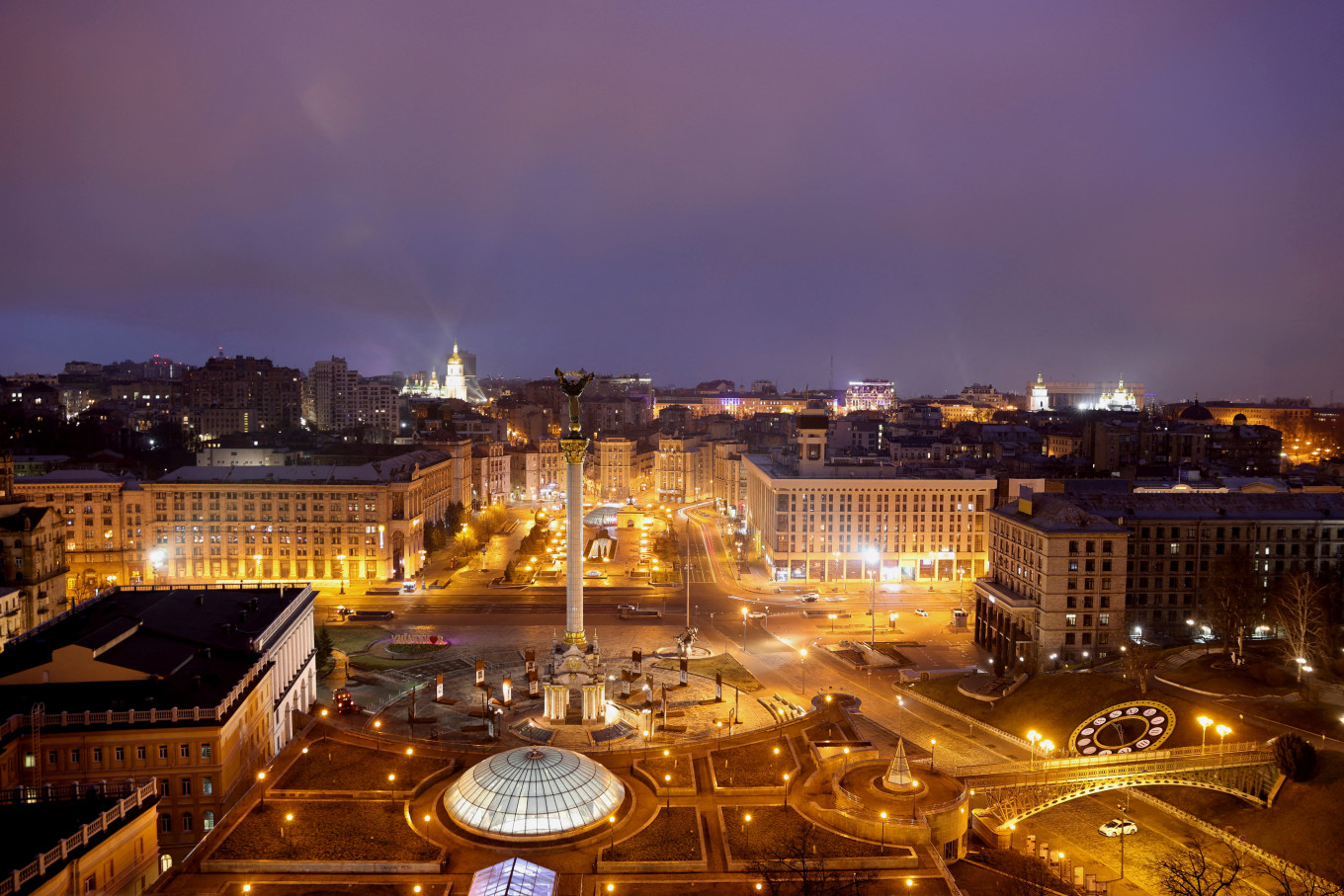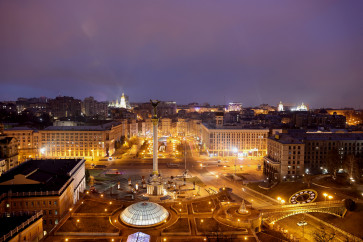Popular Reads
Top Results
Can't find what you're looking for?
View all search resultsPopular Reads
Top Results
Can't find what you're looking for?
View all search resultsThe global adverse impact of the Russo-Ukrainian war
There are concerns that if the US is occupied with conflict in Europe, China might fill in the vacuum in Asia by either invading Taiwan or solidifying its presence in the South and East China Sea.
Change text size
Gift Premium Articles
to Anyone

Since the end of 2021, the world has anxiously observed the ongoing tension between Ukraine and Russia, which has drawn the attention of both the European Union and the United States through their NATO alliance.
The announcement by Russian President Vladimir Putin of the invasion of Ukraine on Thursday has been immediately met with global condemnation and has added further anxiety as to how far Russia will go in its war with Ukraine.
Tension began when the West publicly disclosed a possible Russian invasion of Ukraine as satellite imagery picked up movements of the Russian armed forces amassing near the Russian-Ukrainian border in late 2021. The accusation was swiftly denied by Russia, which claimed that the mobilization was intended for military exercises and deterrence against NATO. This was followed by a list of Russian demands on NATO, including an assurance that NATO would stop expanding eastward and that it would not attempt to integrate Ukraine into the military alliance.
Ever since the 2014 Euromaidan, Ukraine’s relationship with Russia has spiraled downward as the two states began to view each other with animosity. The Russian annexation of Crimea and the ongoing conflict in the Donbass area have pushed Kyiv to seek security guarantees to deter future aggression, which it sees as primarily coming from Russia. As such, Ukraine aspires to join the ranks of NATO to provide a counterbalance against the Russian military.
Despite the conflict being localized in Eastern Europe, concerns are brewing around the world, including in Indonesia, on what the effect of the war will be on the global community.
First, further conflict between Ukraine and Russia will not only harm the relationship between both countries but will also deteriorate great power politics between NATO and Russia – and especially between Washington and Moscow. It has been observed that both the US and Russia have been at each other’s throats on a variety of issues.
Putin’s constant support for Washington’s adversaries, such as Bashar Al-Assad, Xi Jinping and Alexander Lukashenko, has highlighted an ideological difference between the two powers. The US has labeled Russia one of its main rivals, which has stoked the impression of Cold War politics.



















